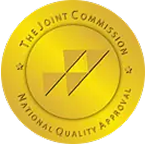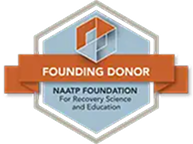What Families Need to Know
The family dynamic plays an important and pivotal role in addiction and its treatment. Indeed, no treatment plan is complete without addressing the family and friends of the addicted individual.
Throughout the treatment process and long into recovery unconditional support from family and friends will play a crucial role in relapse prevention.
Those closest to the addict may find it difficult to participate in the healing process. To begin, however, family members must understand that addiction is a disease. As such, many addicts were compelled to their actions and reactions, despite knowing the negative consequences they would have on themselves and others around them. Sadly, the grip of addiction is so strong that many individuals have to hit rock bottom before they enter treatment. This invariably affects families and friends negatively. Further, the addict may have cost the family significant financial resources, adding to the strain that they, as a unit, feel. Understanding that addiction is both a physical and psychological problem can often help families move past the hurt and try to begin a new life together.
Families who actively participate in the treatment process can also better understand their loved ones and how they feel. After all, those who have never experienced addiction themselves find it difficult to understand. During treatment, counselors and clients will work on better communication – something that benefits everyone involved. Counselors can also advise family members on how to cope with the scars of the past and move forward to heal and forgive.
If prevention is no longer an option, families and friends must act quickly to assist the addict in getting treatment as early as possible. Much like any disease, early intervention often means better outcomes and less chance of relapse after a course of treatment is complete. Making the call to a treatment center is the first step in the journey toward sobriety.






